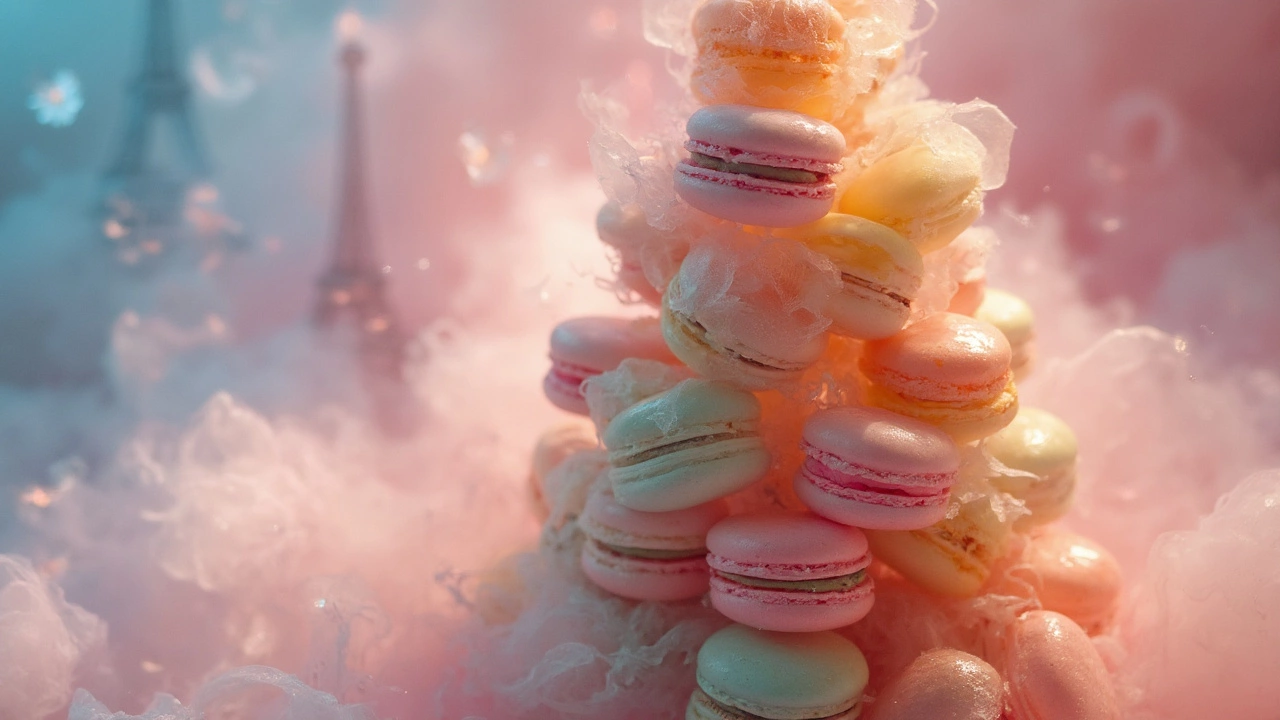Macaron Facts You Need to Know Before You Bake
If you’ve ever stared at a tray of glossy pastel shells and wondered what makes them so special, you’re not alone. Macarons aren’t just pretty—they’re a blend of science, history, and a bit of French flair. Below you’ll get the most useful facts in a friendly, no‑fluff style.
Where Macarons Come From
The modern French macaron started in the early 1800s when a monk named nuns in Nancy began mixing almond paste with egg whites. They called it “macaroon,” a name borrowed from the Italian maccherone. It wasn’t until the late 1800s that Pierre Lécuyer, a Parisian pastry chef, added the famous jam or ganache filling, turning the simple sandwich into the sandwich‑cookie we love today.
That little change created a whole new market. By the 1930s, Ladurée opened its first shop and turned the macaron into a luxury treat. Today you can find them everywhere, from high‑end patisseries to home kitchens.
Practical Macaron Tips
How many macarons per person? A safe rule is 2‑3 shells per guest for a cocktail party and 4‑5 for a dessert buffet. That way you give people a taste without running out.
Storage matters. Keep finished macarons in an airtight container in the fridge for up to three days. Let them sit at room temperature for 15 minutes before serving so the flavors fully awaken.
Texture trick. The perfect macaron has a crisp “feet” edge and a soft, chewy interior. If your shells are flat, you’re probably under‑mixing the batter or opening the oven too early. Aim for the batter to flow like lava—slow, steady movements when folding in the almond flour.
Color and flavor freedom. Natural colors come from beet juice, matcha powder, or spirulina. Pair flavors intuitively: raspberry with white chocolate, lemon with pistachio, or salted caramel with dark chocolate. Trust your palate.
Finally, remember that practice beats perfection. Even seasoned bakers have the occasional cracked shell. Keep a notebook of batch temperatures, humidity, and mixing times; you’ll see patterns fast.
Now you’ve got the core facts—history, serving sizes, storage, and a few pro tips. Use them to impress friends, plan a macaron tower, or just enjoy a quiet afternoon making sweet shells. Happy baking!

